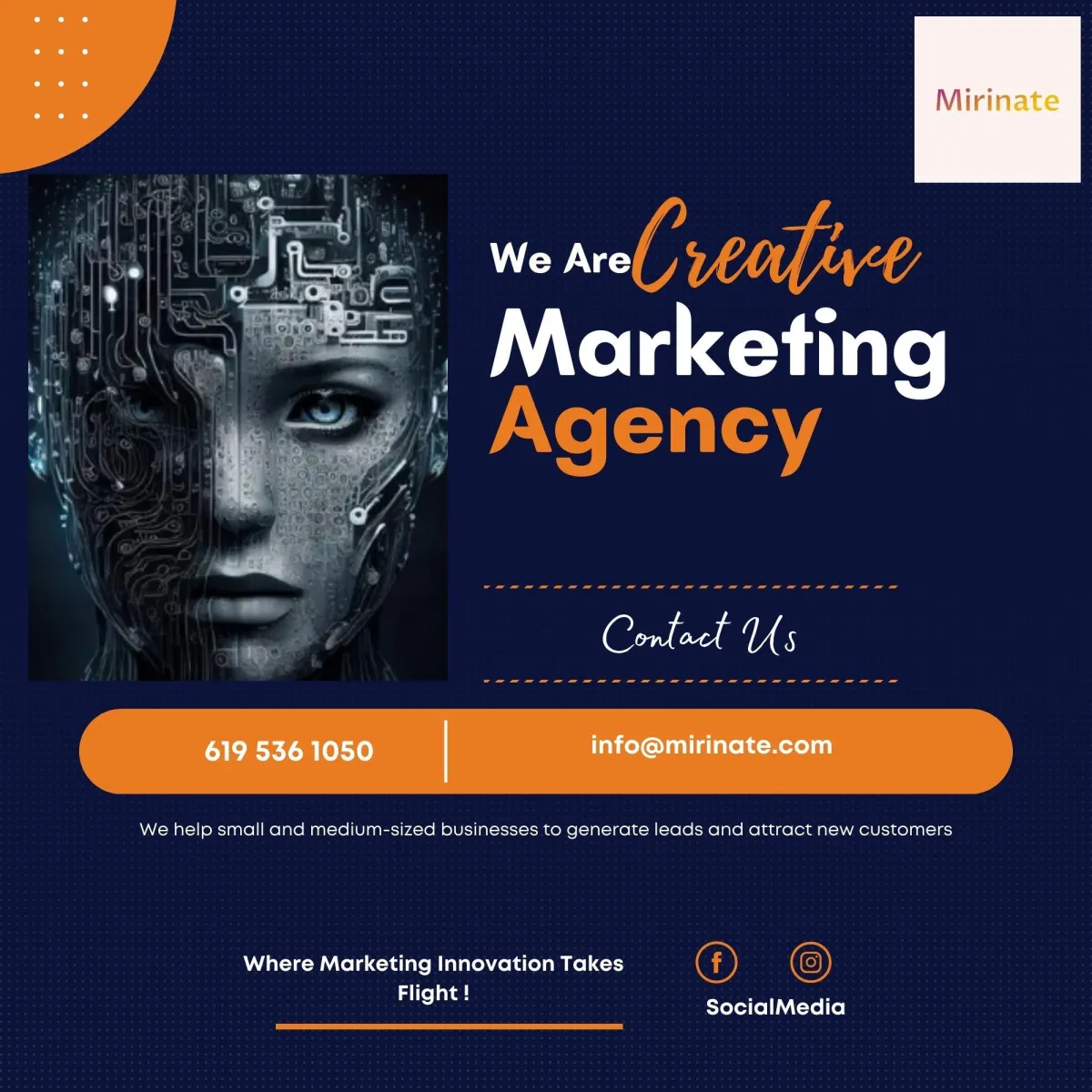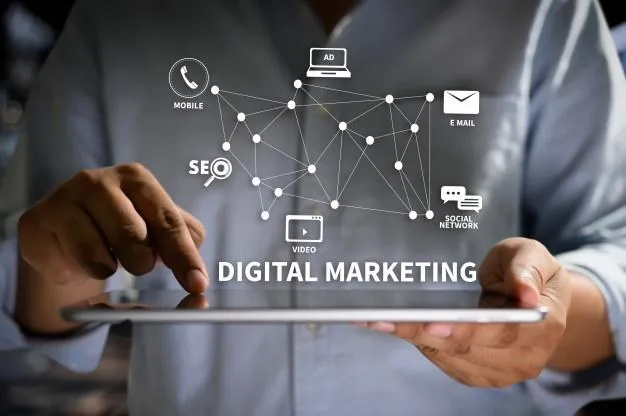

Unlocking the Power of Marketing AI
1. Introduction to Marketing AI
Artificial Intelligence (AI) has become a game-changer in the world of marketing. In this section, we'll explore the fundamental role AI plays in transforming traditional marketing strategies and opening up new possibilities for businesses.
How to Implement:
To harness the power of Marketing AI, start by understanding the core concepts and potential applications. Identify areas in your marketing strategy where AI can make a significant impact.
2. Benefits of Marketing AI
Understanding the benefits of integrating AI into your marketing efforts is crucial for staying competitive in the digital landscape. Here's a closer look at three key advantages.
Improved Efficiency:
Implement automation tools to streamline repetitive tasks, allowing your team to focus on high-value activities.
Enhanced Personalization:
Utilize AI to analyze customer data and deliver personalized experiences, boosting customer engagement and satisfaction.
Data-Driven Decision-Making:
Make informed decisions by leveraging AI-powered analytics to gain valuable insights from vast datasets.
How to Implement:
Invest in AI tools that align with your specific business goals. Train your team to effectively use these tools and interpret AI-generated insights.
3. Implementation of AI in Marketing
Now that we understand the benefits, let's delve into practical ways to implement AI in your marketing strategy.
Customer Segmentation:
Utilize AI algorithms to analyze customer behavior, preferences, and demographics for more targeted and effective segmentation.
Predictive Analytics:
Predict future trends and customer behavior patterns by leveraging AI-driven predictive analytics, optimizing your marketing strategy in real-time.
Chatbots in Customer Engagement:
Enhance customer interaction with AI-powered chatbots. Provide instant support, answer queries, and personalize the user experience.
How to Implement:
Integrate AI tools seamlessly into your existing marketing infrastructure. Train your team to use AI-driven analytics platforms for better decision-making.
4. AI-Driven Personalization
One of the most significant advantages of AI in marketing is its ability to personalize content and interactions.
Tailoring Content:
Use AI algorithms to analyze user preferences and behavior, delivering personalized content that resonates with your audience.
Dynamic Pricing Strategies:
Implement dynamic pricing models based on real-time market conditions and customer behavior, maximizing revenue and competitiveness.
Recommendation Engines:
Leverage AI-powered recommendation engines to suggest products or content, increasing cross-selling and upselling opportunities.
How to Implement:
Invest in AI tools that offer robust personalization features. Collaborate with your content and sales teams to align AI-driven strategies with overall business objectives.
5. The Future Landscape of AI in Marketing
As technology continues to evolve, the future of AI in marketing holds exciting possibilities. Stay ahead by exploring emerging trends, evolving technologies, and ethical considerations.
Emerging Trends:
Stay informed about the latest AI trends in marketing, such as voice search optimization, AI-generated content, and augmented reality experiences.
Evolving Technologies:
Explore new AI technologies, such as natural language processing and computer vision, to enhance customer interactions and marketing campaigns.
Ethical Considerations:
Address ethical concerns related to AI in marketing, ensuring transparency, fairness, and responsible use of customer data.
How to Implement:
Regularly assess and update your AI strategy to incorporate emerging technologies. Establish ethical guidelines and compliance measures to build trust with your audience.
In conclusion, Marketing AI is a powerful tool that can revolutionize your approach to customer engagement, decision-making, and overall business success. Embrace the opportunities it presents and stay agile in the ever-changing landscape of digital marketing.
BOOK AN APPOINTMENT WITH US TODAY!
What Our Clients are Saying

